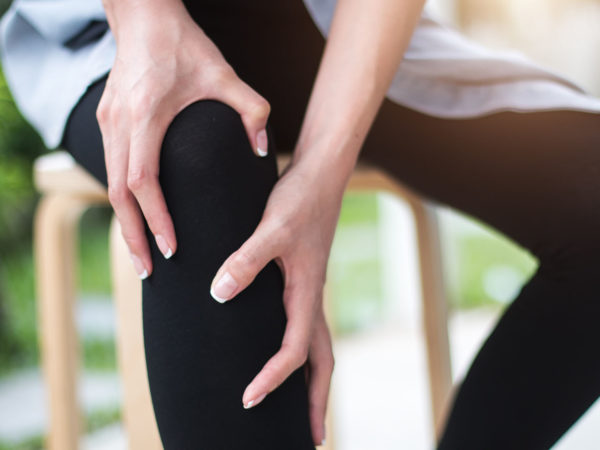Menopause And Knee Arthritis

Arthritic knee pain is usually treated with non-steroidal anti-inflammatory drugs or, when medication fails to control symptoms, with knee replacement surgery. Neither of these strategies is ideal. A new study from Korea found that, among nearly 4,800 postmenopausal women, the incidence of knee arthritis was significantly lower among those on hormone replacement therapy. It’s theorized that the hormonal changes that occur with menopause, including declines in estrogen levels, may explain why knee arthritis is more common in women than men. Several small studies performed previously found that HRT reduces the pain and knee damage due to this condition. The new Korean study suggests that knee arthritis was less prevalent among women who were past or present users of HRT. We also know that weight loss can help reduce knee pain and inflammation and improve functioning. A 2013 study from Wake Forest University found that 38 percent of participants with knee arthritis who lost weight, walked, and performed strength-training routines for one hour three times a week, reported little or no knee pain.
Source:
Jae Hyun Jung et al, “Knee osteoarthritis and menopausal hormone therapy in postmenopausal women,” Menopause, December 21, 2018, DOI: 10.1097/GME.0000000000001280
Also in this week’s bulletin:
- Why You Need To Eat More Fiber
- Conquering Constipation
- This week’s recipe: Braised Broccoli, Orange & Parmesan











